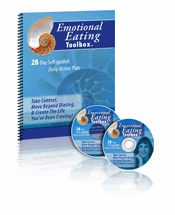Tip One: Noticing
Do you know how powerful it is to really be seen? To have someone look at us and acknowledge our accomplishments, our efforts, our intentions? Close your eyes and imagine someone telling you they see the efforts you make to be the person you want to be.
They might say:
"I see how much courage it took for you to make that presentation to the boss."
or
"It's clear to me how much you value your children."
or
"I notice that you are really trying your hardest to pay off those credit cards."
or
"I notice how hard you work to make the holidays special for everyone."
Most of us DO work very hard at the things that are important to us. Unfortunately, during times of stress or of increased demands, it's easy to get focused on what is "undone" rather than what "is done."
This month, I challenge you to set a goal of "noticing" each of your family members (feel free to try it with colleagues too!) three times a day. It doesn't have to be anything major. Simply acknowledge either their efforts or their intentions.
"I notice that you set the table and I appreciate it."
"I noticed how hard you were working not to let her frustrate you."
"I notice how you always keep your car spotless. It must take a lot of effort."
"I notice that were really frustrated with those Christmas lights but you kept going anyway and now they are up and they look great."
"I notice that in spite of how busy you are, you made my email a priority and it really helped me out."
I think you will be amazed at how far a little noticing goes. When you acknowledge someone, the impact reverberates. It's contagious. It lightens the mood and creates a focus on the positive and on possibility. It absolutely reduces stress.
Take good care,
Melissa








